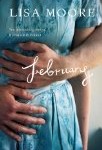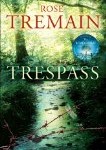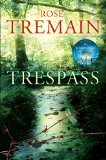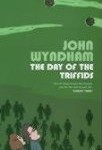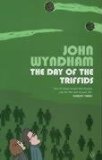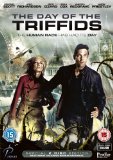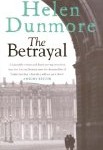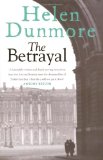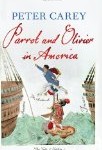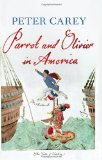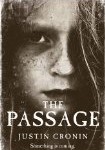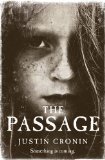
Long listed for 2010 Booker Prize
On the 15th February 1982, an offshore oil drilling platform sank off the coast of Newfoundland, killing all 84 people on board. February is a fictional account of how one woman, Helen, grieved the loss of her husband, Cal, and how her family learned to cope with his death.
As you can tell from the synopsis this isn’t a happy book. In fact February was so laden with grief that I struggled to read it. The book flips forwards and backwards through time, showing us Cal as a happy, family man and then the family struggling after his death.
Helen was in a panic as if something very bad was going to happen, but it had already happened. It was hard to take in that it had already happened. Why was she in a panic? It was as if she were split in half. Something bad was going to happen to her; and then there was the other her, the one who knew it had already happened. It was a mounting and useless panic and she didn’t want to faint. But she was being flooded with the truth. It wasn’t going to happen; it had already happened.
This book had very little plot, but for once that wasn’t a problem for me. I’m afraid that my main complaint is that February is just too depressing. It wasn’t shocking or thought provoking – it just slowly dragged my mood down. By the end of the book I was so depressed I had to watch a good hour of comedy on TV in order to recover.
Another problem I had was with the sentence structure. The majority of the book was made up of very short sentences and this meant that the writing didn’t flow very well – it made me feel quite jumpy. I’m sure this was intended for some reason, but I’m afraid it just irritated me.
Overall, this book was just too depressing for me to be able to recommend it, but other people seem to be inspired by Helen’s strength of character.
Opinion seems to be divided:
You really feel Helen’s pain… Monniblog
Moore’s writing is strong and poetic, but parts still fell flat for me. Nomadreader
Lisa Moore achieved something quite beautiful and completely perfect in the final pages…. Dovegreyreader
I’ll just have to acknowledge that writing which disturbs some readers like me is attractive to others. Kevin From Canada
